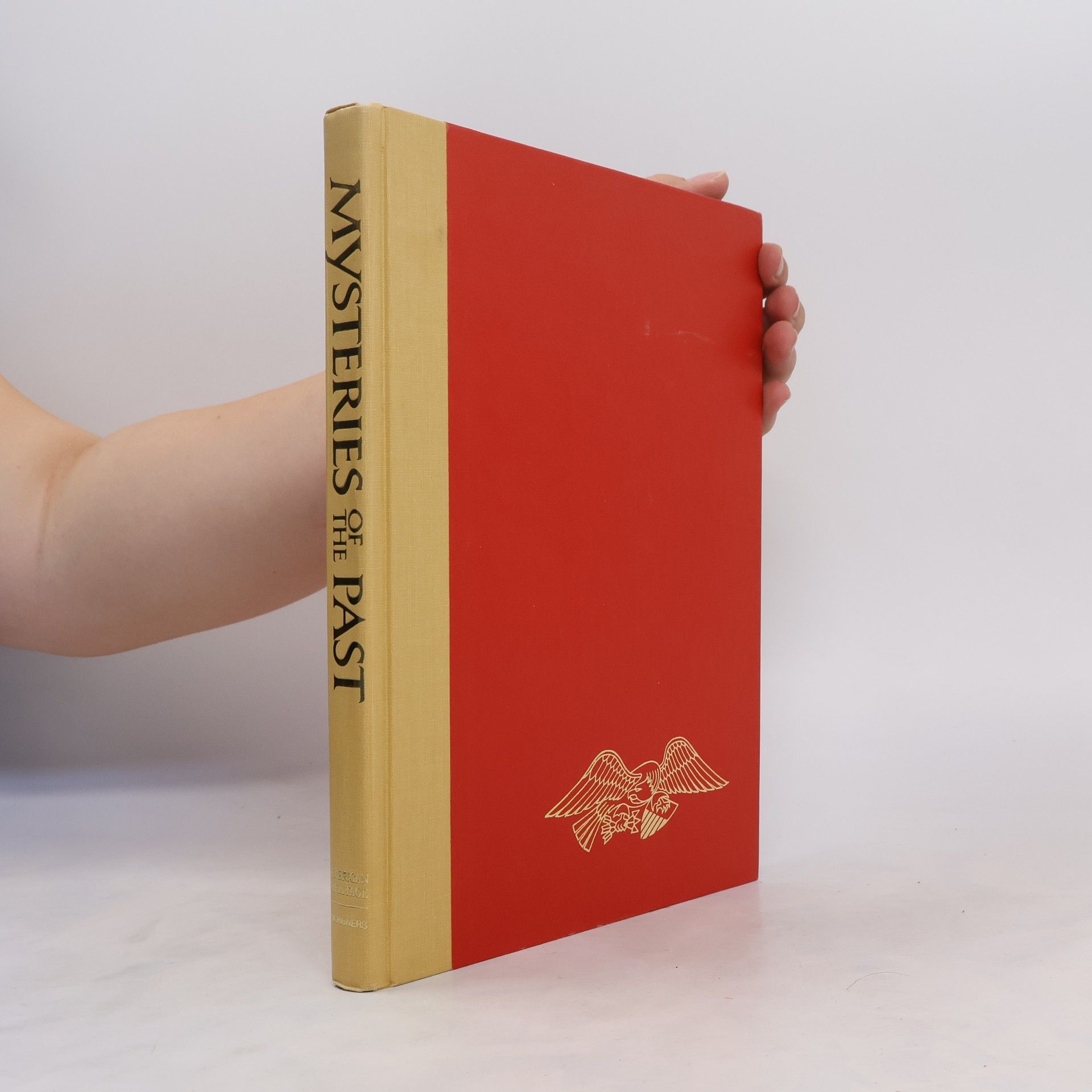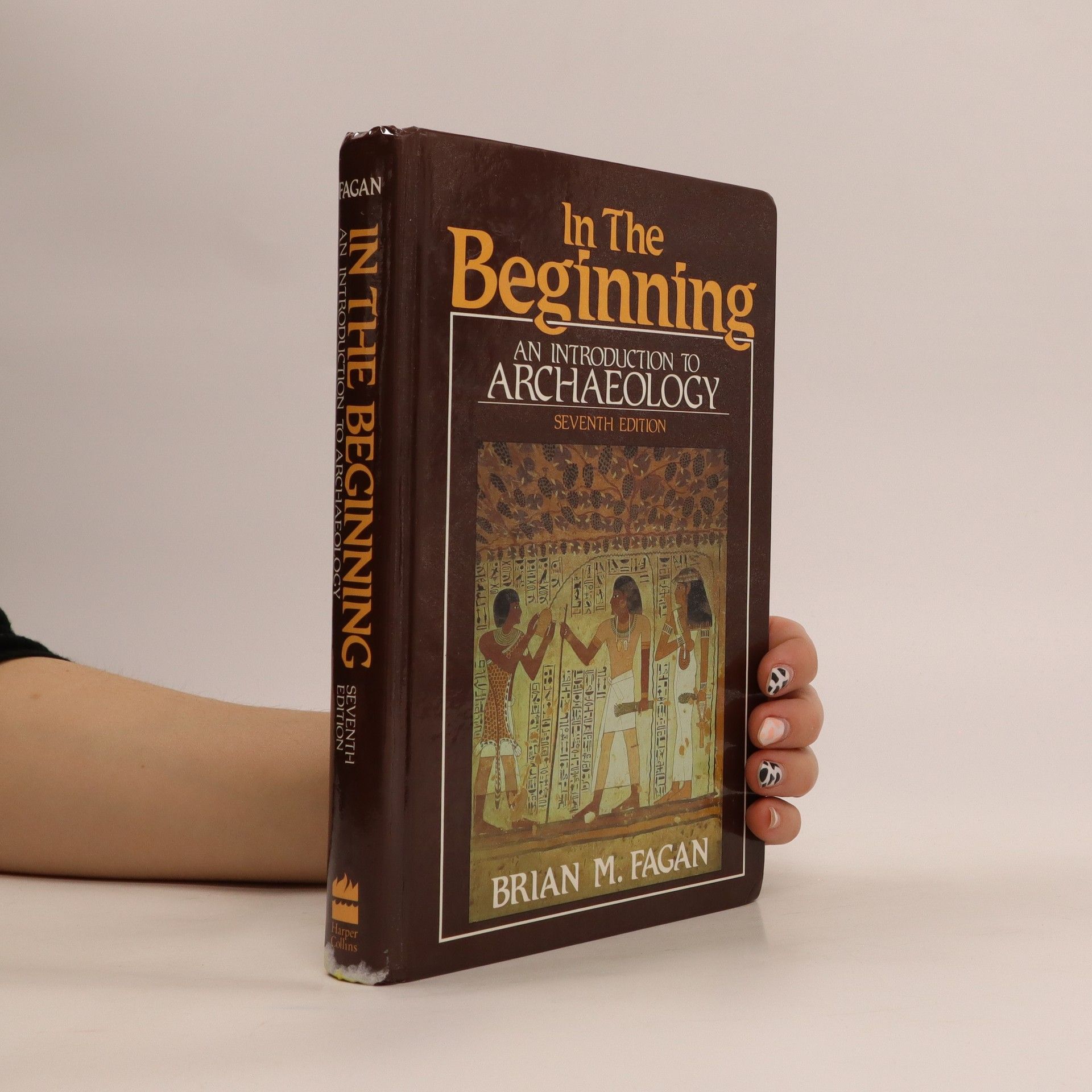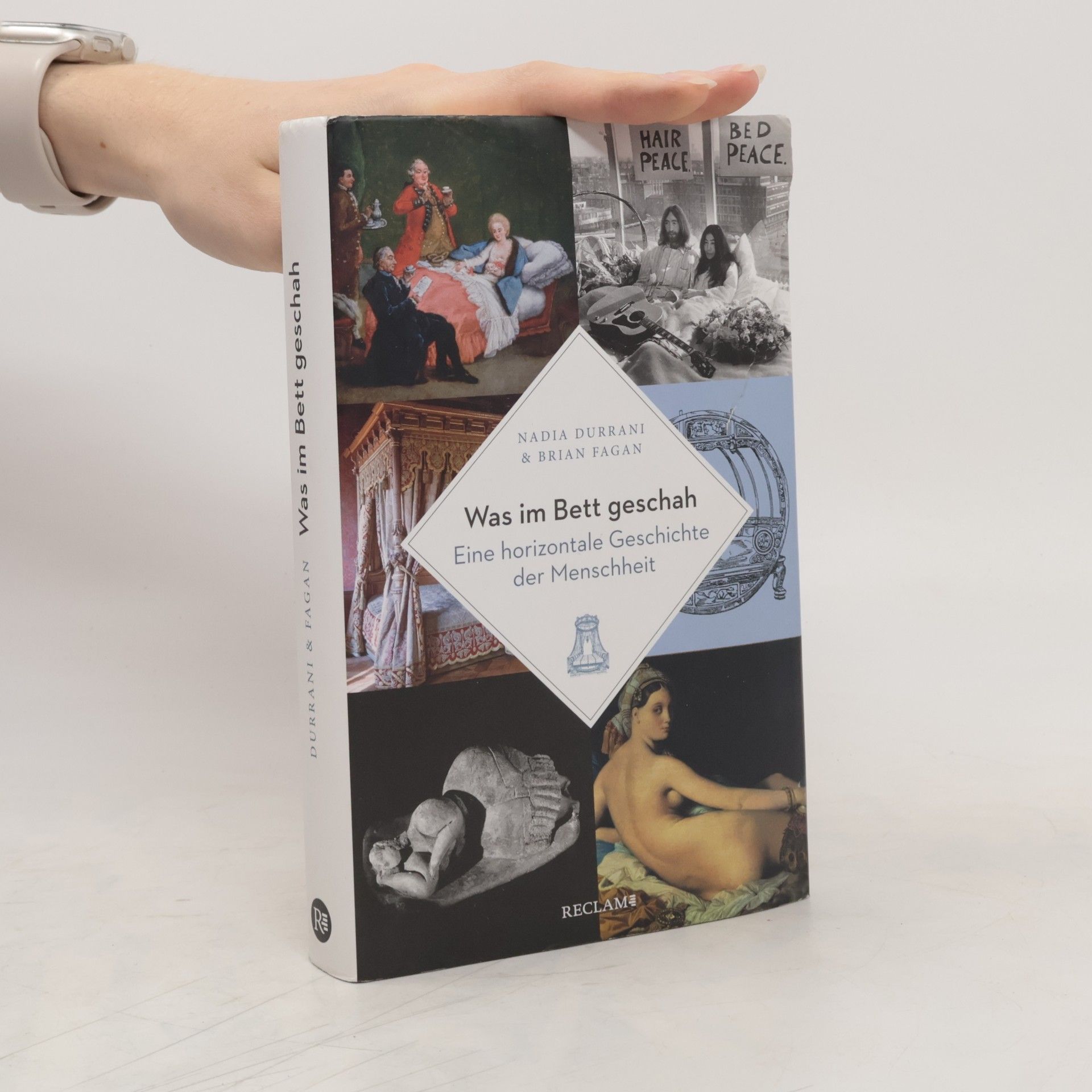Offering a global perspective, this introduction to human prehistory spans 3 million years, from the origins of humanity to the emergence of pre-industrial civilizations. It is designed for beginners, featuring a jargon-free style that balances theoretical insights with engaging descriptions, making complex concepts accessible and relatable.
Brian Fagan Book order (chronological)
Brian Fagan is an archaeologist and anthropologist whose work delves into the broad sweep of human prehistory. He skillfully blends traditional cultural history with newer approaches in his accessible writings, crafting compelling historical narratives from archaeological data and interdisciplinary sources. Fagan champions multidisciplinary perspectives and is dedicated to bringing archaeology to a wider audience through his engaging lectures and media contributions. His distinctive style makes complex historical subjects understandable and captivating for all readers.







A gripping account of 200 years of archaeological research, excavation and thought, told through the life stories of 70 of the world's greatest pioneers and practitioners. Brian Fagan has assembled a team of some of the world's greatest living archaeologists to write knowledgeably and entertainingly about their distinguished predecessors. Full of fascinating anecdotes, personal accounts and unexpected insights, this comprehensively illustrated book encompasses more than two centuries of research and excavation round the globe. Controversial figures such as Heinrich Schliemann of Troy fame, and Aurel Stein, plunderer of ancient manuscripts from Central Asia, are reassessed. Little-known pioneers - for example, Max Uhle in Peru and Li Chi in China - are set beside the giants in the field: Lepsius, Mariette and Carter in Egypt; Koldewey, Dörpfeld and Woolley in the Near East; Stephens and Catherwood, discoverers of the Maya of Mexico; and Louis and Mary Leakey, who transformed knowledge of our African ancestry. Other indomitable women here include Gertrude Bell, explorer of Arabia and Iraq, Kathleen Kenyon, the excavator of Jericho, and the script-decipherer Tatiana Proskouriakoff.
Archaeology: The Basics, rewritten for this fourth edition, is a short, engaging book takes the reader on a journey through the fascinating world of archaeology and archaeologists.
Was im Bett geschah
Eine horizontale Geschichte der Menschheit
Die Geschichte eines Möbelstücks, an dem niemand vorbeikommt Das Bett ist ein politischer Ort – das wussten nicht erst Yoko Ono und John Lennon. Denn im Bett wurde seit jeher nicht nur geschlafen, sondern auch regiert, kommuniziert, Nachwuchs gezeugt und zur Welt gebracht, aber natürlich auch gelitten und gestorben. Was im Bett geschieht, war über Jahrhunderte weitgehend öffentlich und Teil eines gesellschaftlichen Miteinanders. Erst in der jüngsten Vergangenheit scheint sich das Bett ins Private zurückgezogen zu haben … oder doch nicht? »Es macht unglaublich viel Spaß dieses Buch zu lesen, man hat ganz viele Aha-Effekte.« Carmen Schwarz, ORF 2
Klima. Mensch. Geschichte.
Für die Zukunft von unseren Vorfahren lernen
Sämtliche Zivilisationen in der Geschichte litten unter Klimainstabilitäten. Für einige der mächtigsten Hochkulturen bedeuteten sie sogar den Untergang. Was können wir daraus lernen? Meteorologie und Archäologie können heute sowohl die Klimageschichte als auch die Reaktionen der Menschen darauf im Detail nachzeichnen. Die Lektion ist klar: Die vorausschauend planenden Gesellschaften hatten die größten Überlebenschancen. Dieses Buch zeigt eindrucksvoll, wie unsere Vorfahren mit chaotischem Klima zurechtkamen und welche Strategien wir daraus ableiten können, um im Kampf für eine bessere und sichere Zukunft zu bestehen.
A Brief History of Archaeology
Classical Times to the Twenty-First Century
- 258 pages
- 10 hours of reading
Focusing on the evolution of archaeology, this book explores early excavations and the discipline's transformation into a multidisciplinary science. It highlights the modernization of excavation techniques in the twentieth century and showcases significant discoveries that reshaped our understanding of human societal development.
World Prehistory: The Basics tells the compelling story of human prehistory, from our African origins to the spectacular pre-industrial civilizations and cities of the more recent past.
Čo sme robili v posteli
- 232 pages
- 9 hours of reading
Nazrite pod perinu fascinujúcich dejín postele V tejto pútavej knihe sa Brian Fagan a Nadia Durrani venujú nekonečne rozmanitej úlohe postele v dejinách ľudstva. Posteľ bola miestom, kde sa nielen spalo, ale aj umieralo, milovalo, rodilo, rozprávali sa príbehy a konali spoločenské aktivity. Kto robil čo, s kým, prečo a ako sa v závislosti od doby a miesta neuveriteľne líšilo. Ľudovít XIV. vládol Francúzsku z postele. Winston Churchill riadil počas druhej svetovej Britániu z tej svojej. Pocestní si bežne líhali spať s úplne cudzími ľuďmi a v mnohých domácnostiach sa o postele delili celé rodiny. Postele boli drahocenné a často boli vystavované na obdiv – Tutanchamóna pochovali na zlatej posteli a bohatí Gréci odchádzali do podsvetia na honosných ležadlách. Posteľ sa na súkromné, skryté miesto zmenila až v modernej dobe a na jej bohatú spoločenskú históriu sa do veľkej miery zabudlo.
Bigger Than History
- 144 pages
- 6 hours of reading
An important new primer on the significance and relevance of archaeology.
What We Did in Bed
- 232 pages
- 9 hours of reading
Pulling back the covers on the fascinating, yet often forgotten, history of the bed "If you thought that your bed was only good for sleeping in, having sex in, or dying in, then this book will disabuse you--in fact, it's so entertaining, it will keep you awake long into the night."--Paul Chrystal, author of In Bed with the Ancient Greeks and In Bed with the Romans Louis XIV ruled France from his bedchamber. Winston Churchill governed Britain from his during World War II. Travelers routinely used to bed down with complete strangers, and whole families shared beds in many preindustrial households. Beds were expensive items--and often for show. Tutankhamun was buried on a golden bed, wealthy Greeks were sent to the afterlife on dining beds, and deceased middle-class Victorians were propped up on a bed in the parlor. In this sweeping social history that covers the past seventy thousand years, Brian Fagan and Nadia Durrani look at the endlessly varied role of the bed through time. This was a place for sex, death, childbirth, storytelling, and sociability as well as sleeping. But who did what with whom, why, and how could vary incredibly depending on the time and place. It is only in the modern era that the bed has transformed into a private, hidden zone, and its rich social history has largely been forgotten.


